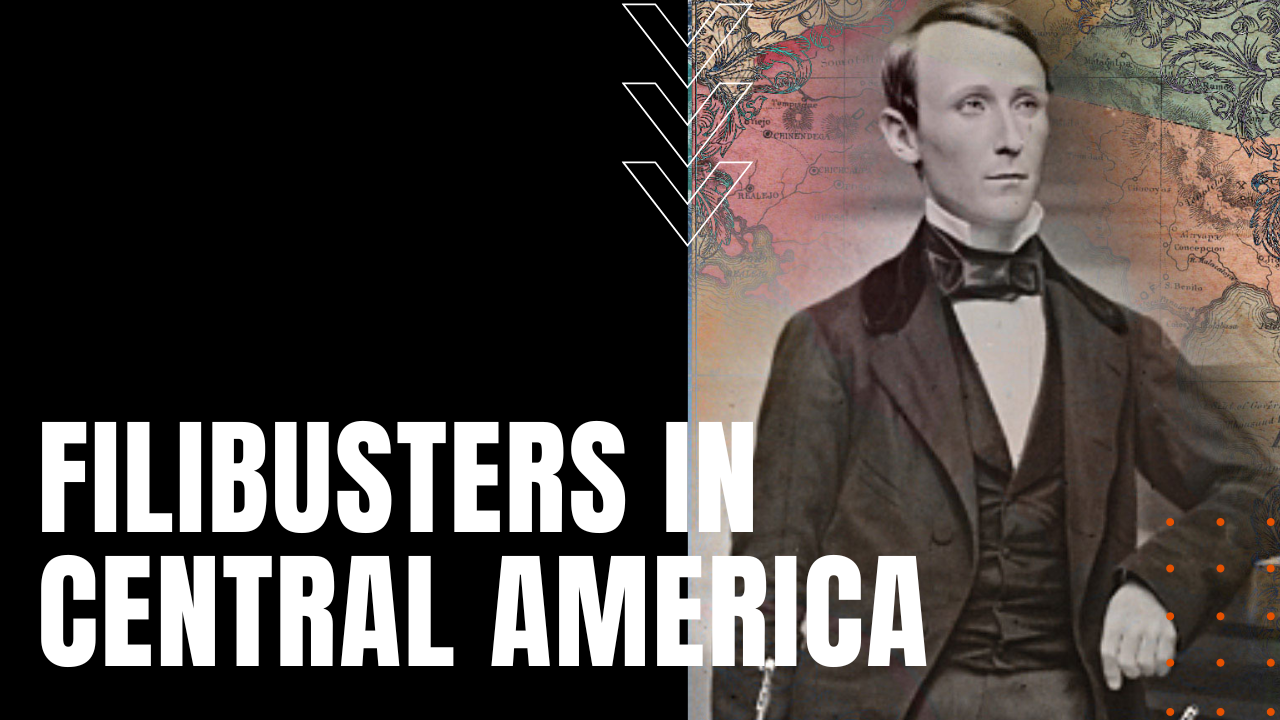-

-
May 2, 2025
Battle of the Coral Sea
The Battle of Coral Sea, fought from May 4 to May 8, 1942, marked a pivotal naval engagement during World War II, featuring aircraft carriers from the U.S. and Japan. It was the first battle fought solely by carrier-based aircraft and prevented Japanese advancement towards Australia. Despite heavy losses, the U.S. Navy’s strategic victory significantly boosted Allied morale.
-
Today's Sponsor
Brought To You By
We are able to provide free content to you every single day because of ads like this.
-
April 17, 2023
The Battle of Amiens
The Battle of Amiens, fought on August 8, 1918, was a decisive Allied victory that marked the beginning of the end of World War I on the Western Front.
-
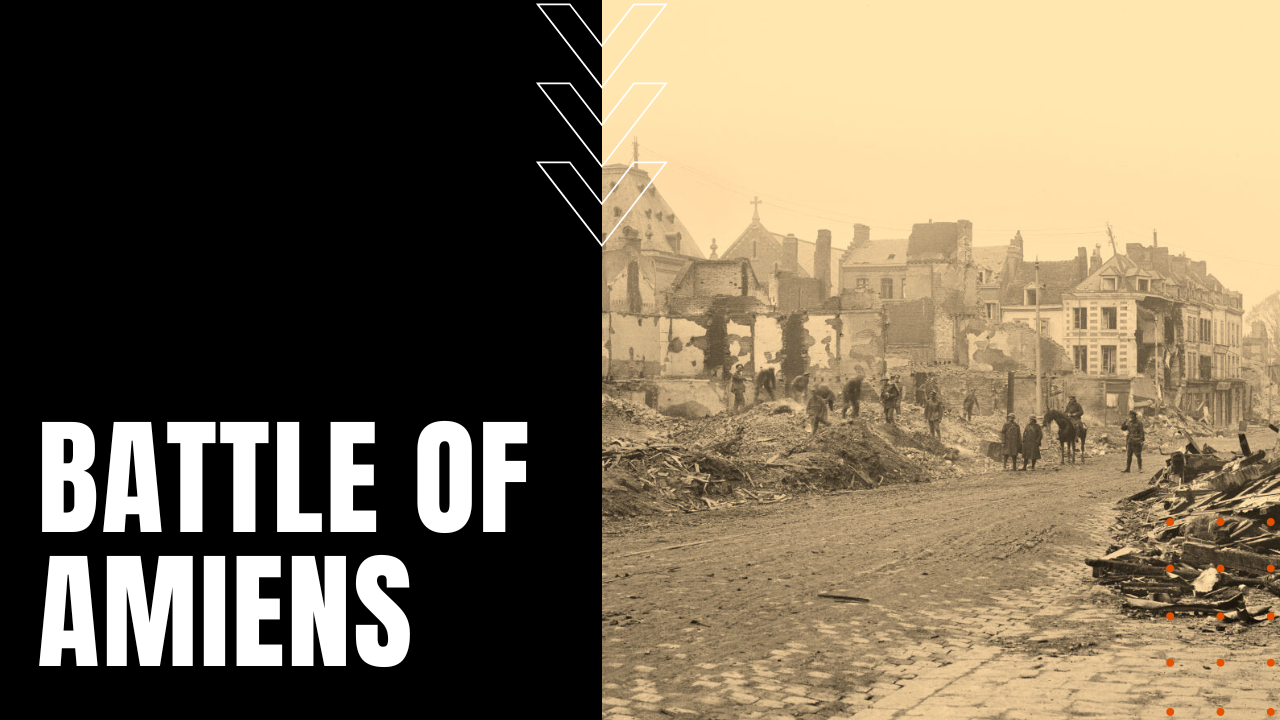
-
April 14, 2023
Eleanor of Aquitaine
Eleanor of Aquitaine (1122-1204) was a powerful queen consort of France and England, known for her intelligence, political savvy, and patronage of the arts.
-

-
April 13, 2023
Battle of the Alamo
The Battle of the Alamo was a pivotal event in the Texas Revolution, fought in 1836 between Texan revolutionaries and the Mexican army.
-
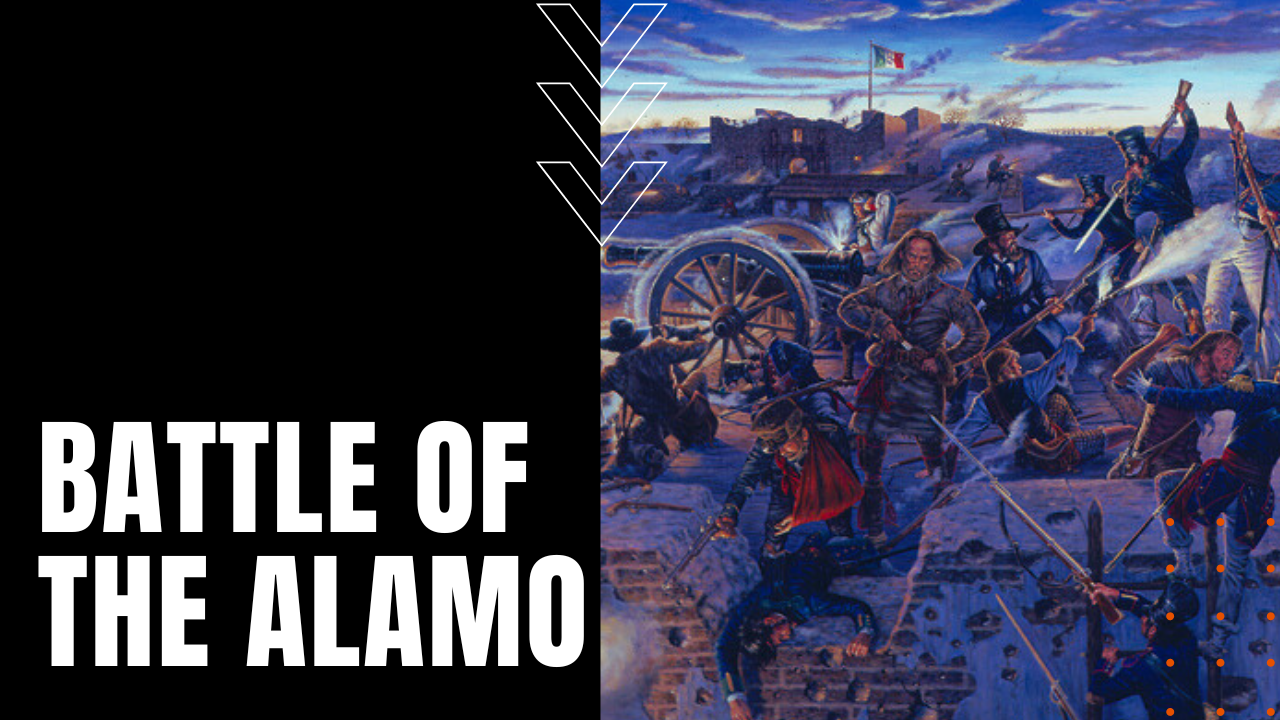
-
April 12, 2023
JFK’s Ich Bin Ein Berliner Speech
In 1963, US President John F. Kennedy gave a famous speech in Berlin, Germany, declaring “Ich bin ein Berliner” (“I am a Berliner”) in support of the city’s people who were divided by the Berlin Wall. The speech symbolized US solidarity with West Berlin and opposition to Soviet control of East Germany.
-

-
April 11, 2023
The Marburg Files
The Marburg Files, also known as the Nazi Secret Service Files, were documents detailing espionage activities of the Nazi regime in Central America, Mexico, and the Caribbean before and during World War II. The files were discovered in 1946 and helped to expose the extent of Nazi influence in the region, as well as the complicity of some Latin American governments.
-
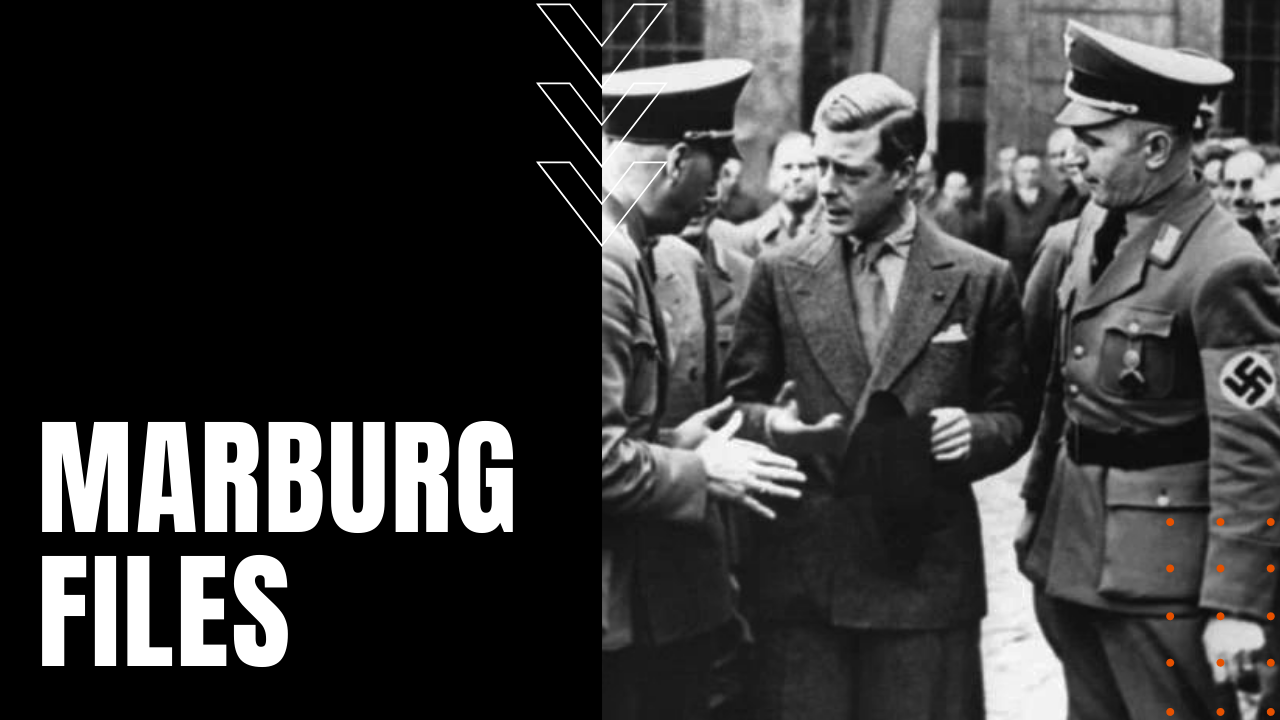
-
April 10, 2023
Seneca Village
Seneca Village was a predominantly African American community in Manhattan, New York City, established in the early 19th century. It was home to about 300 people, and was eventually razed to make way for Central Park in 1857. The village represents an important chapter in New York’s history of Black land ownership and community-building, and its erasure highlights the displacement and dispossession experienced by Black Americans in the 19th century.
-
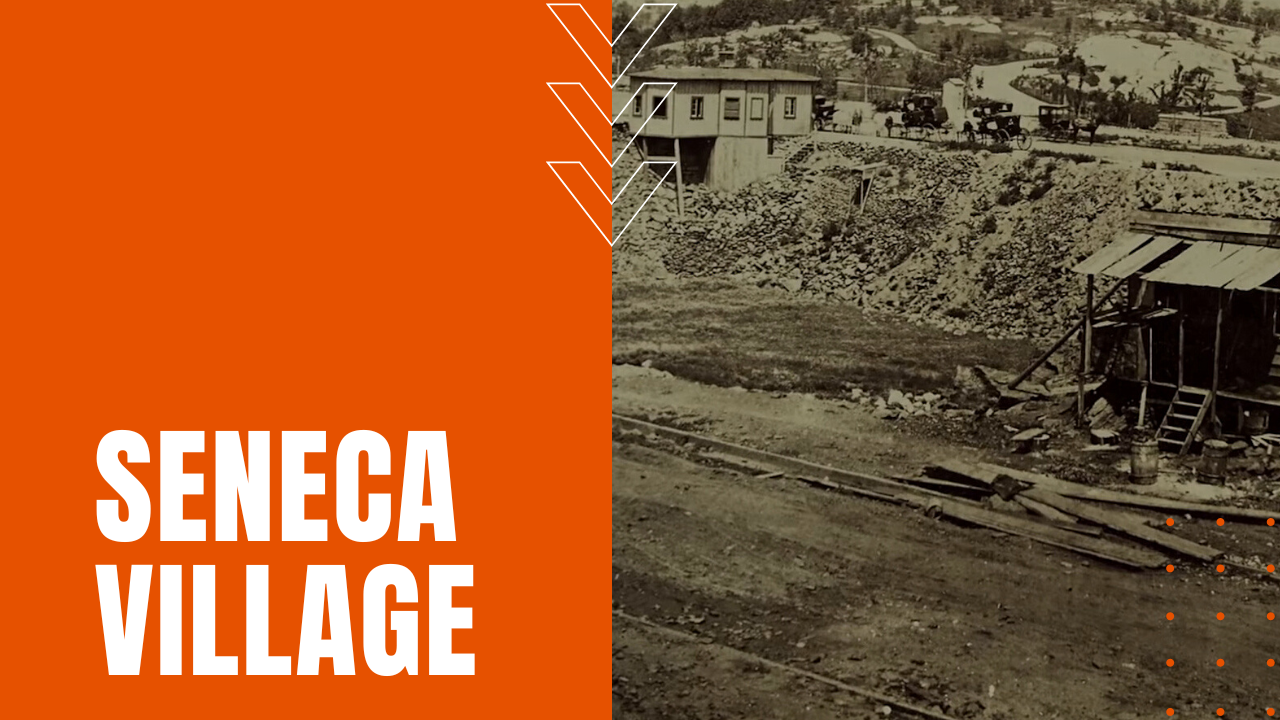
-
April 7, 2023
Filibusters in Central America
The term “filibuster” refers to the actions of US citizens who attempted to seize control of countries in Central America in the 19th century. These individuals, also known as “filibusteros,” often acted without the support of the US government and were motivated by various political and economic interests. The filibusters were involved in conflicts in Nicaragua, Honduras, and other countries, but ultimately failed to establish lasting control.
-
